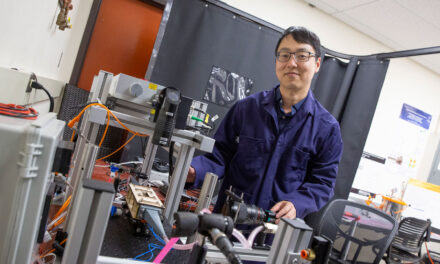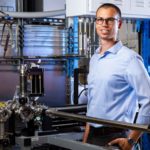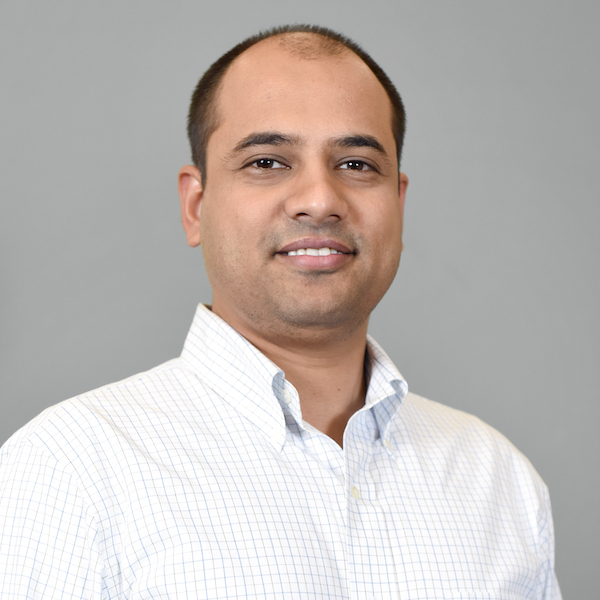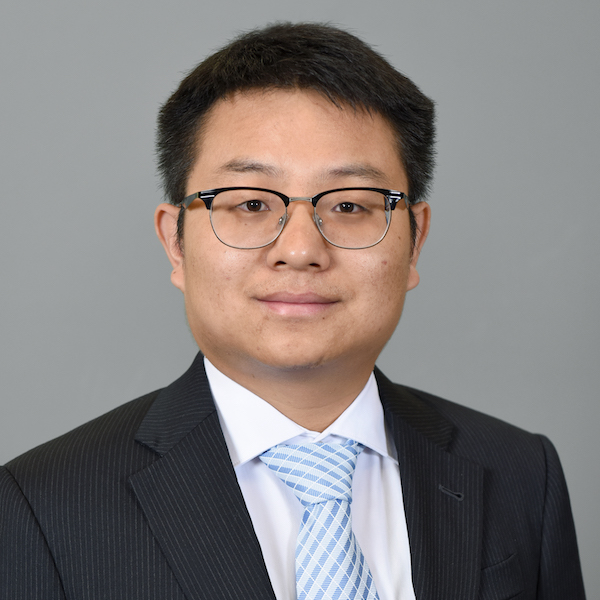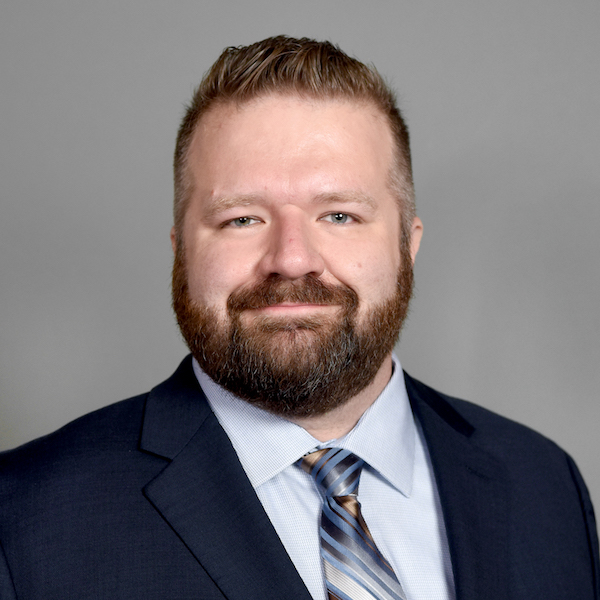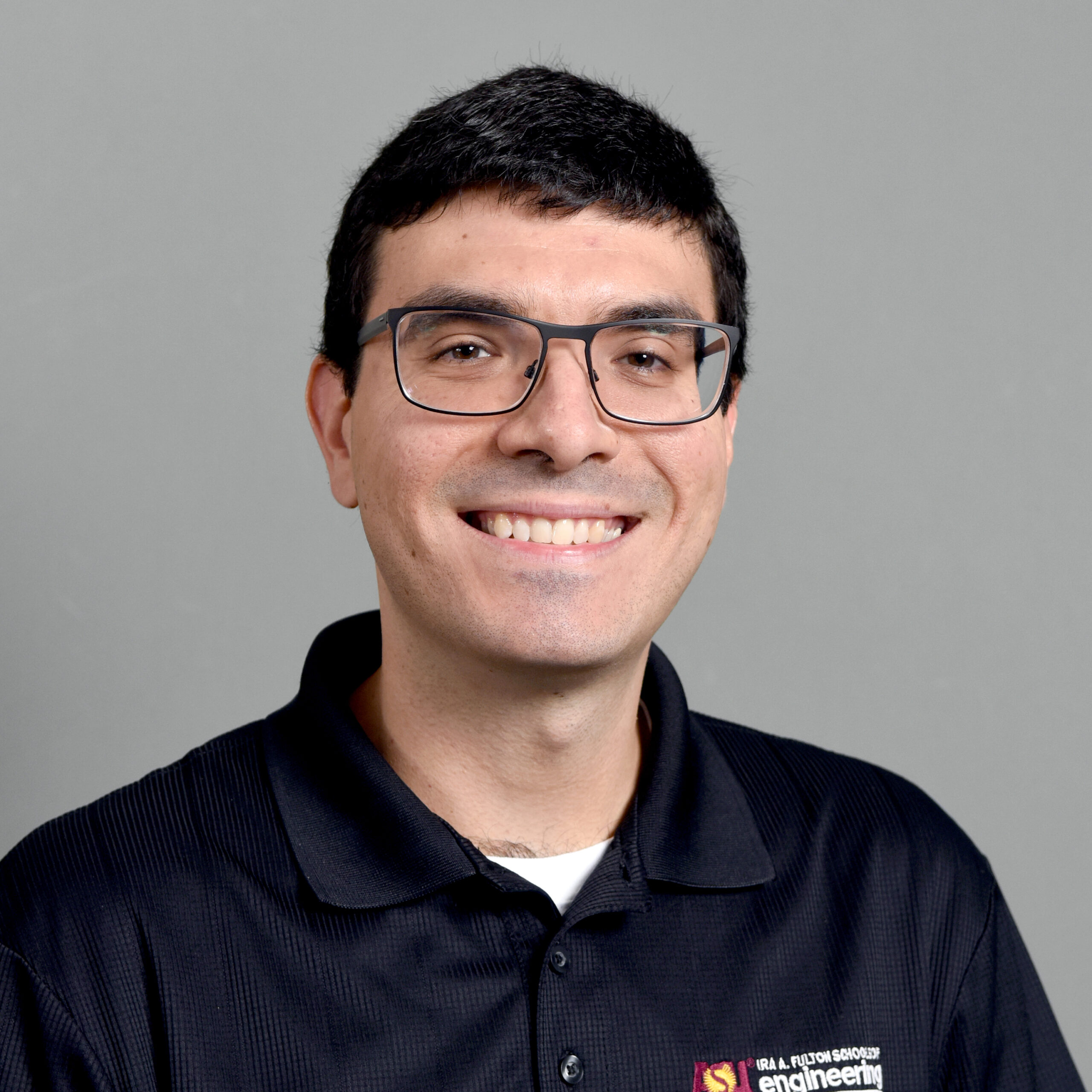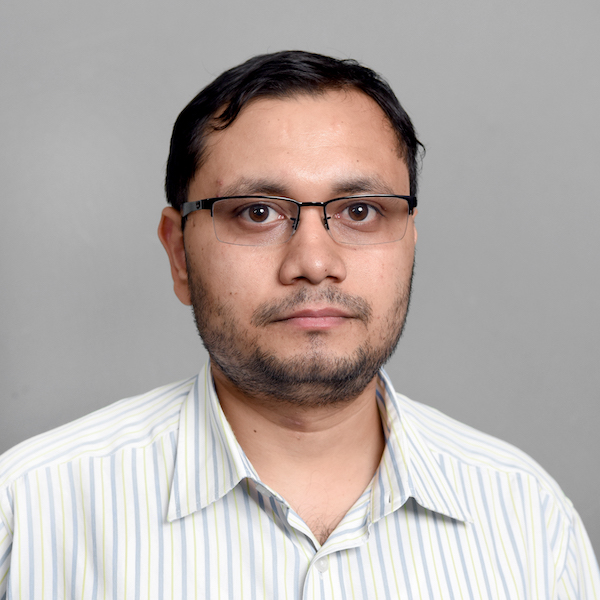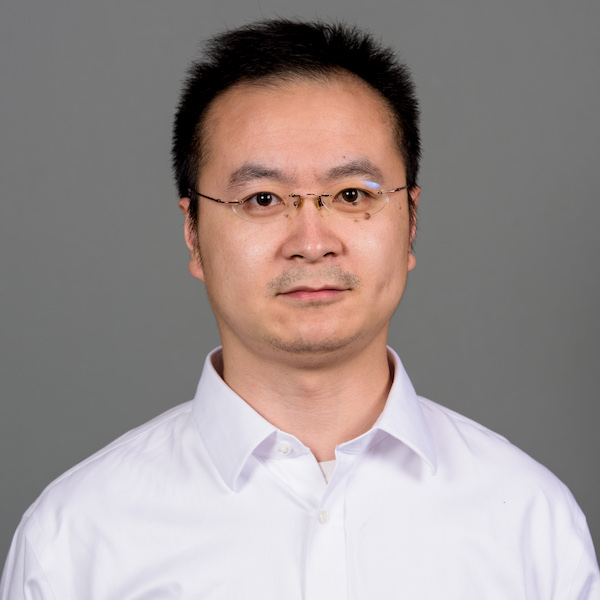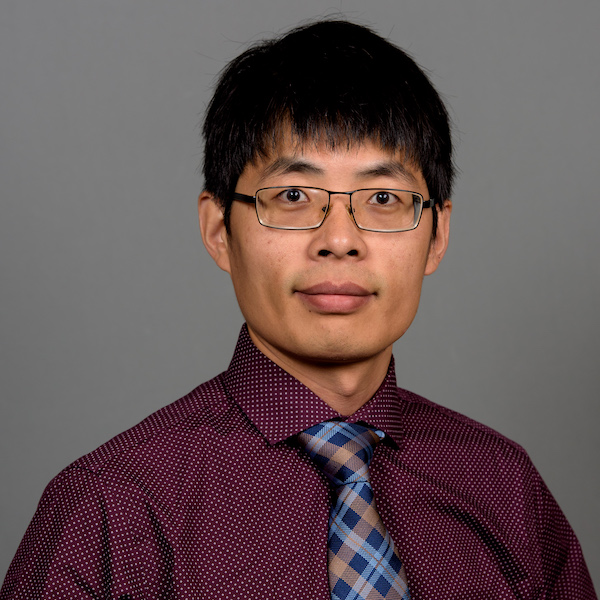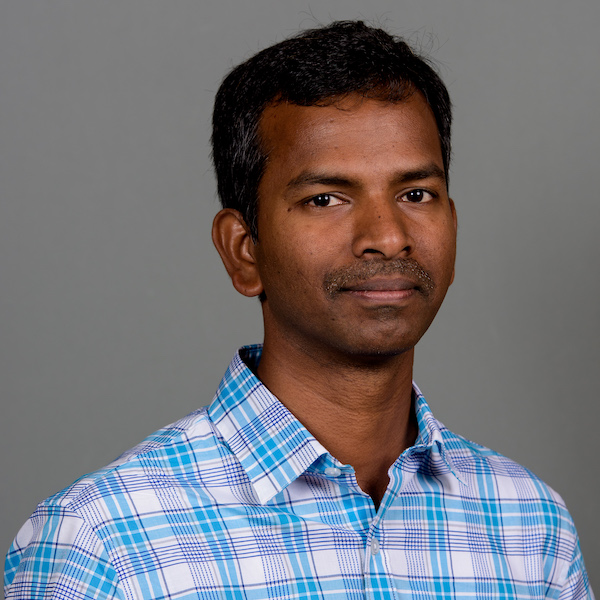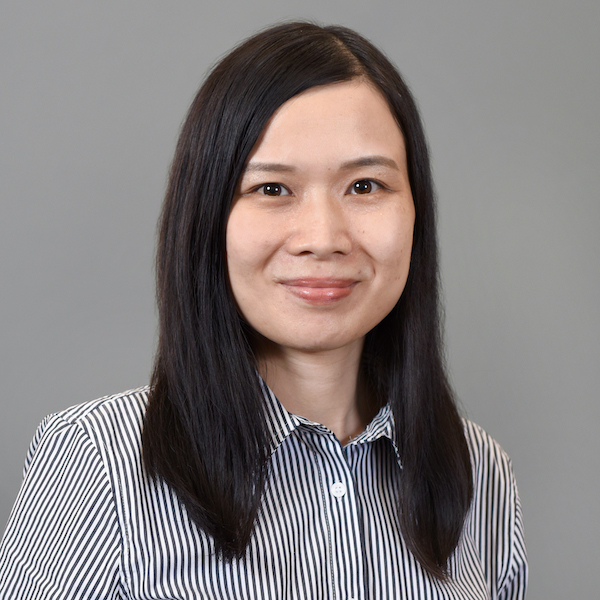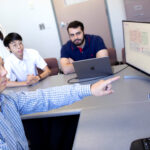
ASU engineers earn 11 NSF CAREER Awards
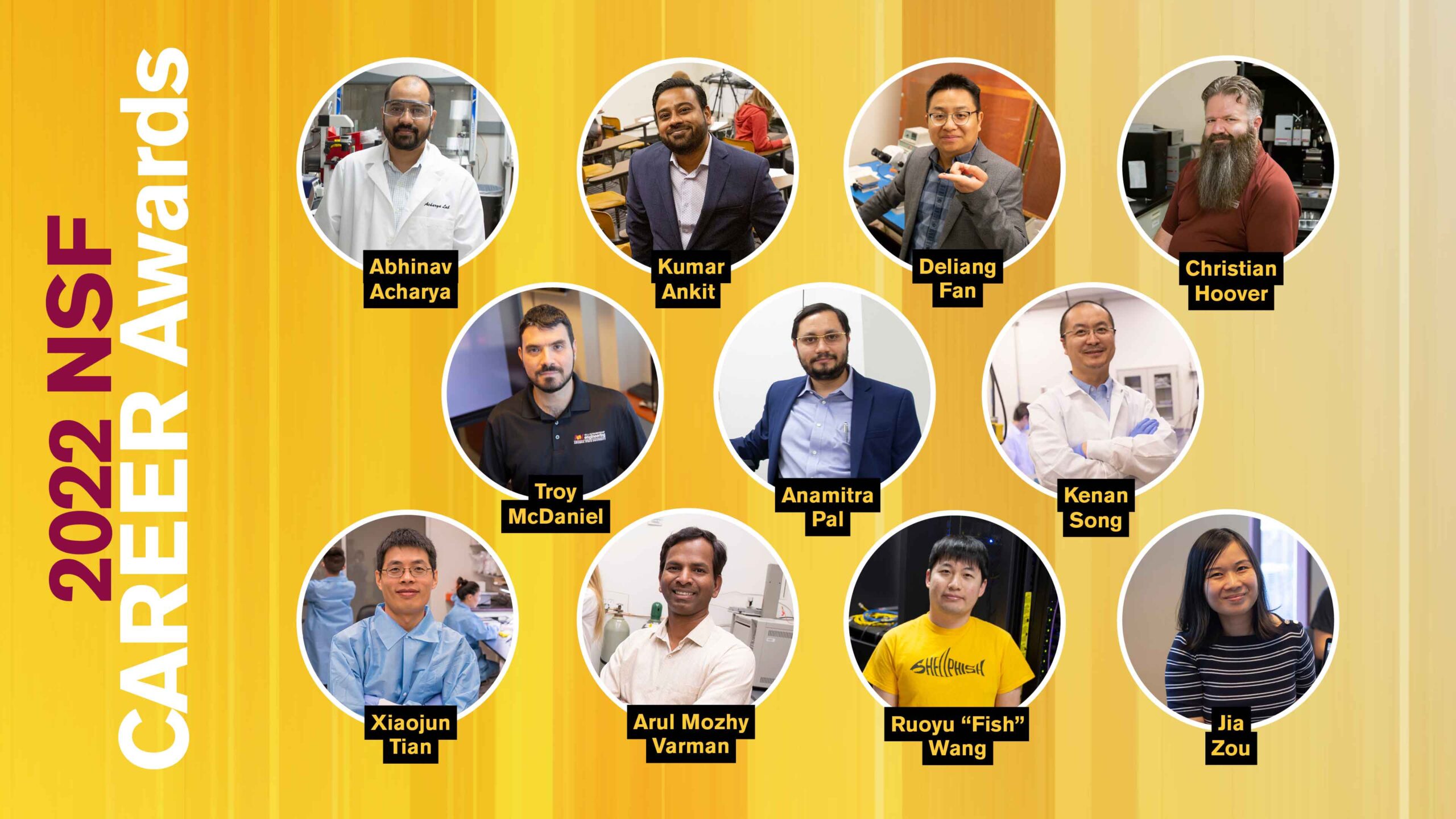
Eleven talented early-career faculty members in the Ira A. Fulton Schools of Engineering have earned the prestigious National Science Foundation Faculty Early Career Development Program (CAREER) Award in 2022. Their awards total $6.3 million to fund novel research across multiple engineering disciplines over the next five years. Earning the NSF CAREER Award is a hallmark achievement for these driven faculty members who have developed comprehensive plans to integrate impactful research and meaningful educational experiences for engineering, computing and technology students.
To date, 33 Fulton Schools faculty members have earned NSF CAREER Awards in the past three years.
Abhinav Acharya
Assistant Professor Abhinav Acharya works at the interface of the immune system and engineering. His efforts include the isolation and identification of disease biomarkers and natural therapeutics, as well as biomaterials synthesis and translational technology development. The results of his NSF research could enable the development of vaccines to treat diseases such as cancer and rheumatoid arthritis.
Kumar Ankit
Assistant Professor Kumar Ankit is leading the first integration of computational, experimental and characterization techniques to better understand how processing methods affect steel microstructures and their properties, such as strength and hardness. This project will add new knowledge to the field and help optimize the future of steel manufacturing.
Deliang Fan
Assistant Professor Deliang Fan is conducting electrical and computer engineering research to validate the performance of a new hybrid in-memory computing system. The concept behind his work is to leverage memory device and circuit properties in ways that will advance AI-based big data processing fields such as computer vision, autonomous driving and robotics.
Christian Hoover
Assistant Professor Christian Hoover’s research focuses on elucidating and understanding the synergistic effects of composition, porosity and structural rigidity on the mechanics of glassy metal-organic frameworks. These porous materials have the ability to be used for several applications, especially in CO2 capture, separation and storage.
Troy McDaniel
Assistant Professor Troy McDaniel is exploring how intelligent wearable technology can enable older adults with memory challenges to live independently. Using visual recognition, this novel hardware, placed strategically on the wrist, deciphers hand movements and identifies objects in the environment through a camera lens providing insight to a user’s behaviors to aid cognitive decline.
Anamitra Pal
Assistant Professor Anamitra Pal conducts fundamental and applied research in the power and energy systems domain. His project employs robust statistics and machine learning to real-time data for better monitoring and control of our national electric power infrastructure, helping to ensure reliable and resilient operation of the electric power grid.
Kenan Song
Assistant Professor Kenan Song is developing a new additive manufacturing method called Multiphase Direct Ink Writing to enhance 3D printing precision of ordered patterns at very small scales. This method can be used for rapid prototyping of sensors and for applications in supercapacitors, batteries and regenerative medicine.
Xiaojun Tian
Assistant Professor Xiaojun Tian employs quantitative experiments and mathematical modeling to expand understandings of fundamental problems in systems and synthetic biology. His exploration of molecular and cellular mechanisms could enable the synthesis of new therapeutics, the expansion of sustainable agriculture and the production of renewable resources.
Arul Mozhy Varman
Assistant Professor Arul Mozhy Varman is developing advanced metabolic engineering computational tools and strategies to harness the capabilities of microbial cell factories for the sustainable production of chemicals, fuels and pharmaceuticals. His work to optimize genetic and metabolic processes can have impacts in the production of bulk chemicals, fuels and pharmaceuticals.
Ruoyu “Fish” Wang
Assistant Professor Ruoyu “Fish” Wang is working on research to mitigate the effects of malware and computer viruses by making the vulnerabilities in software easily understandable. His research results may enable analysts and researchers to uncover source code in a manner that identifies vulnerabilities to protect from malware.
Jia Zou
Assistant Professor Jia Zou is designing a new database that seamlessly supports and optimizes the deployment, storage and serving of both traditional machine learning models and deep neural network models. This work significantly decreases latency in databases that rely on real-time results, such as credit card fraud detection and emergency services response.



